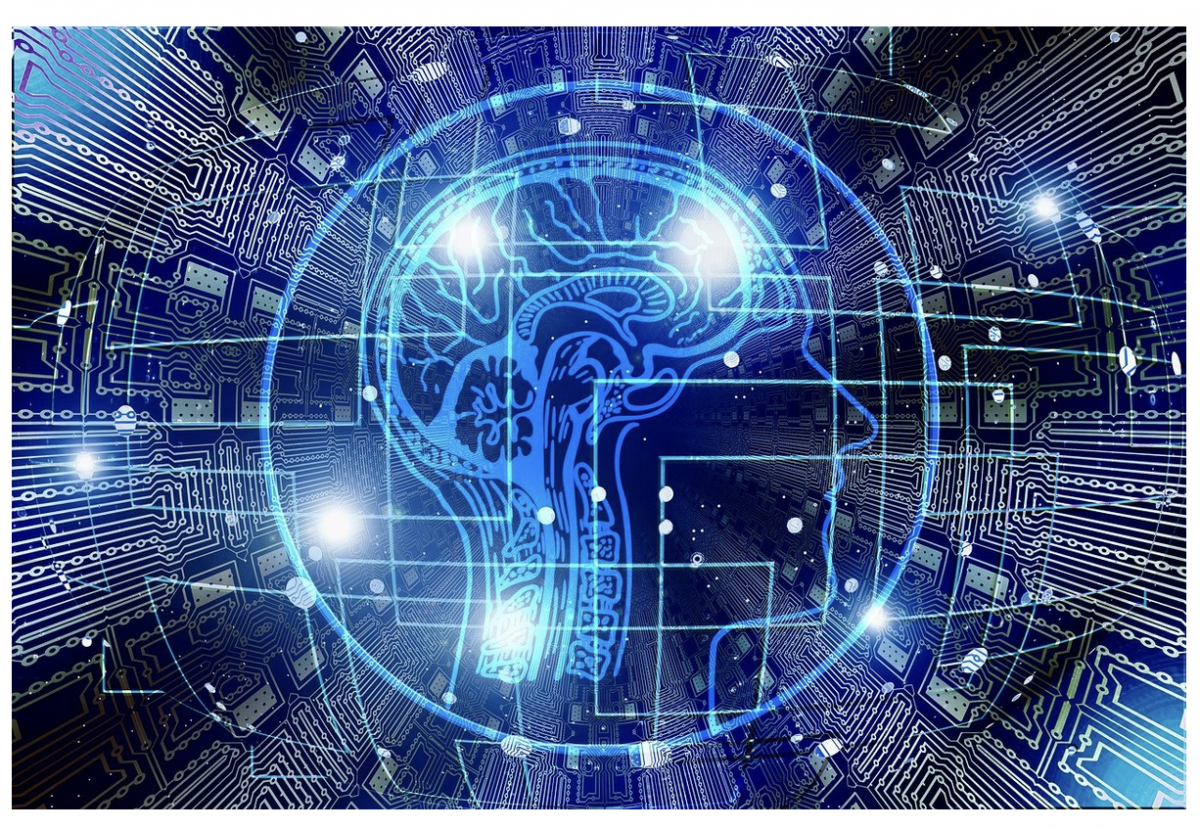Artificial intelligence has been around for a while now, and technology is only getting more capable. From self-driving cars to personal digital assistants, AI is integrating into our daily lives in ever-more sophisticated ways. In this article, we’ll explore how artificial intelligence can help financial institutions to generate credit reports and make lending decisions.
Importance of Credit Score for FI
A credit score is the first thing lenders check when you apply for a loan or a credit card. This three-digit numeric is a summary of the entire credit history that determines a consumer’s creditworthiness, the higher the score, the better the borrower’s chances of getting a loan. It is prepared based on lenders’ data and consolidated in the Credit Information Report or CIR. Criteria such as payment history, credit utilization ratio, Credit history length, Credit mix, etc are factored in for this.
Limitations of Traditional Credit Scores
Although credit scoring systems are being implemented and used by most banks nowadays, they have limitations and can’t be used to make accurate predictions. The score depends upon the quality of data that is used, if the data is erroneous with missing values or outliers the resultant scores may not be accurate. Along with the availability of high-quality data, the data should also be predictive so conclusions can be drawn from it and defaults can be predicted. Traditional credit scores due to the limitations discussed are getting outdated and even irrelevant in some cases.
AI-based Credit Scoring
Artificial intelligence (AI) can play a role here and make precise predictions based on smart models. AI through its cutting-edge analytical technologies can hugely impact the financial sector and can offer excellent returns on their investment. AI-based credit scoring unlike focusing on the past performance of the borrower can be more sensitive to real-time indicators of a potential borrower like the existing level of earnings, employment prospects, and their potential ability to earn. These models can also give individualized credit score assessments based on real-time factors, giving access to finance to more people with income potential.
With these scoring models, banks also can get unique insights into their customers’ financial behavior and leading to better customer segmentation in terms of associated credit risk. Also after the disbursement of the loan these customers can be monitored and red flags can be raised as soon as a behavior is deviant from standard practices. With the help of AI, it is also possible to speed up lending decisions and processing of loans leading to better customer service and productivity of employees.
Credit scores are determined by algorithms neural network-based scoring. A neural network is a machine-like system that can learn from data and make decisions based on those data sets. These types of scoring can detect small variations in data sets and make more accurate predictions and can help solve the problem of credit scoring. As these models can learn from data without requiring any rules-based algorithms they can better assess the credit risk. With these advantages, financial institutions are relying on machine learning to process big data and produce better insights.
Alternatives to Credit Score
Data points produced by a large number of digital transactions can offer valuable insight into how people manage their financial commitments. There are endeavors going on for developing alternatives to create credit score models based on AI methods to evaluate a person’s creditworthiness, particularly for those who do not have a formal credit repayment history.
In the various financial institutions, these solutions are being implemented at different levels and improving how they operate. Please contact us at open-innovator@quotients.Com if you would like additional information or explore this and other rapidly evolving solutions in a variety of fields.







